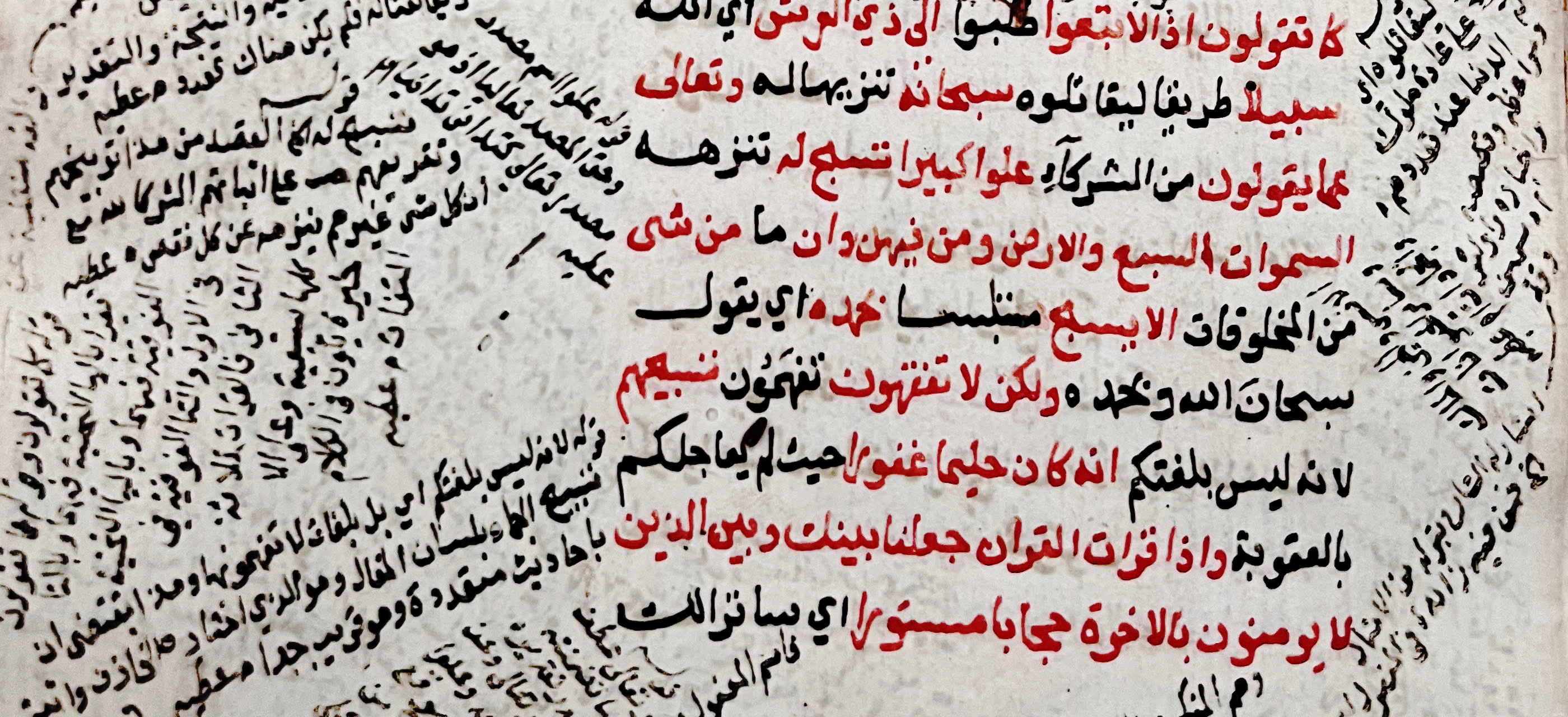Religious discourse in the poetry of Abū Muslim al-Bahlānī
Contenu
- Titre
- Religious discourse in the poetry of Abū Muslim al-Bahlānī
- Créateur
- Maḥrūqī, Muḥammad al- Voir tous les contenus avec cette valeur
- Date
- 2001
- Dans
- Journal of African Cultural Studies Voir tous les contenus avec cette valeur
- Résumé
- This article presents themes and techniques of the religious discourse of Abū Muslim al-Bahlānī. Al-Bahlānī was an Omani poet, born in Oman in 1860 who spent most of his life in Zanzibar where he died in 1920. His poetry is a good example of a strong link between art and politics. While the themes are centred around criticizing society and aiming to instigate revolution against people who do not follow Islamic laws, the techniques create harmony in the structure of this discourse. The author argues that this poetry is based on Ibāḍī sulūk, which itself can be considered as an extension of the Kharijite trend. Although, sulūk is linked with zuhd as a way of giving less value to this life, sulūk has some other implications which do not exist with zuhd. Hence, sulūk is not only a way of worshipping God, it is also a set of ideas which aim to change society and establish an Ibāḍī imamate. This attitude can be found with some sulūk leaders such as Jā'id al-Kharūṣī and Sa'īd al-Khalīlī.
- Langue
- eng
- volume
- 14
- numéro
- 1
- pages
- 89-106
- issn
- 1369-6815
- Source
- Fonds Martin Custers Voir tous les contenus avec cette valeur
- Ibadica Voir tous les contenus avec cette valeur
Maḥrūqī, Muḥammad al-, “Religious discourse in the poetry of Abū Muslim al-Bahlānī”, 2001, bibliographie, consulté le 19 septembre 2024, https://ibadica.org/s/bibliographie/item/7044
Position : 31704 (1 vues)

